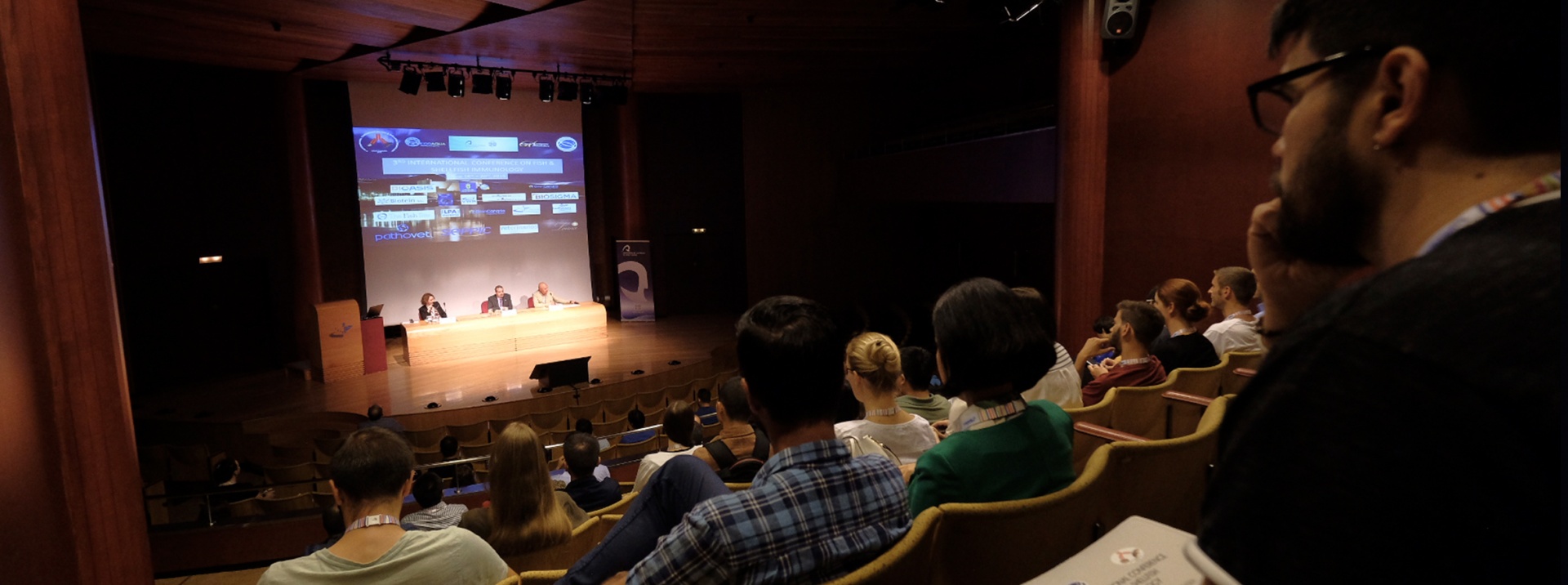More than 200 researchers in Gran Canaria are looking for new research formulas to boost the immunisation of fish, molluscs and crustaceans. The aim is to favour prevention during the breeding of these aquatic species in fish farms through the administration of vaccines, as opposed to the use of antibiotics when pathologies have already occurred. There are currently only 24 licensed vaccines available in the market to protect a sector that moves more than 207,000 million euros per year in the world and that is in continuous growth as the main source for human consumption
The contribution of aquaculture to the supply of food for human consumption surpassed capture fisheries for the first time in 2014, surpassing the 50% barrier, a figure that in about 10 years will reach 75% according to industry estimates. The aquaculture industry currently moves about 207,000 million euros and produces about 80 million tons of aquatic species per year.
All this means that the study of the immunology of fish, as developed in the livestock and poultry industries, is of vital importance in order to find methods that can strengthen the health of these aquatic species and reduce as much as possible the use of drugs during their breeding in fish farms, so that the product intended for human consumption is of the highest possible quality and also free of the threats that increasingly affect animal species in our seas.
With this objective in mind, more than 200 researchers from 29 different countries will be meeting until next Thursday at the Canary Islands Congress Centre in the Alfredo Kraus Auditorium in Las Palmas de Gran Canaria at the Third International Conference on Fish and Mollusc Immunology, an event organized by the Aquaculture Research Group of the University Institute of Aquaculture and Sustainable Marine Ecosystems (ECOAQUA) of the University of Las Palmas de Gran Canaria (ULPGC) and the International Society for Fish and Mollusc Immunology (ISFSI).
The inauguration of this meeting took place this morning with the presence of Rafael Robaina, rector of the University of Las Palmas de Gran Canaria, Beatriz Novoa, president of the International Society for Fish and Mollusc Immunology, and Felix Acosta, president of the Organizing Committee of the Third International Conference on Fish and Mollusc Immunology and researcher of the University Institute ECOAQUA Aquaculture Research Group (GIA).
The inaugural lecture was given by Professor Alexandra Adams, Director of the Fish Health and Welfare Group and Vaccine Unit at the Aquaculture Institute, University of Stirling, Scotland. Adams has worked on fish vaccine development and rapid diagnostic testing since 1985 and is co-founder of Aquatic Diagnostics Ltd, a fish diagnostic spin-out company.
The main theme of her presentation was the opportunities that the development and application of vaccines can present in the sector, and she explained that as they are used to prevent diseases in humans and in all livestock industries, they must be important for aquaculture worldwide to control numerous pathologies and help reduce the use of antibiotics to treat bacterial diseases.
Uncontrolled diseases have led to the disappearance of 10% of animal species from our seas and oceans, due in part to a lack of authorised veterinary products for health control. In the fish industry, the appearance of outbreaks of infectious diseases can cause losses of up to 20% of the production value to the sector. The most effective method of keeping the spread of diseases at bay is to prevent the onset of diseases in the first place through vaccination, a prevention method that is already routinely used, especially for Atlantic salmon.
However, in many other fish species it is used to a limited extent due to the lack of specific vaccines or the low yield of the formulas available on the market. "Although there has been impressive progress in developing vaccines for fish over the last four decades, the number of vaccines available is still limited," says Alexandra Adams. Only 24 licensed vaccines are commercially available for use worldwide, in different species including those in the Mediterranean. Adams' research, in this sense, has contributed significantly to increasing the number of licenses available.
"The development of oral vaccines is essential because most vaccines are given to fish by injection, which means that each fish has to be caught and sedated before vaccination," she says. Beyond the lack of practicality, the cost is prohibitive in some countries, leading to the treatment of diseases (e.g. with antibiotics) rather than preventive measures. "It is important that these issues are addressed as the industry continues to grow globally," says Adams, and that is why his current work focuses on the development of immersion and oral vaccines (i.e. mucosal vaccines), which are incorporated into feed pellets and in which fish are bathed in fortified formulas.
During the Third International Conference on Fish and Molluscs Immunology, 139 oral presentations and 87 posters will be presented, providing a key network and educational interface for the different actors involved in the industry, the scientific community, health providers and independent research organisations to work together.
This is the third triennial symposium sponsored by ISFSI. The Society's first conference was held in Vigo, Spain, in June 2013 and the second conference was held in Portland, Maine, USA, in 2016.


